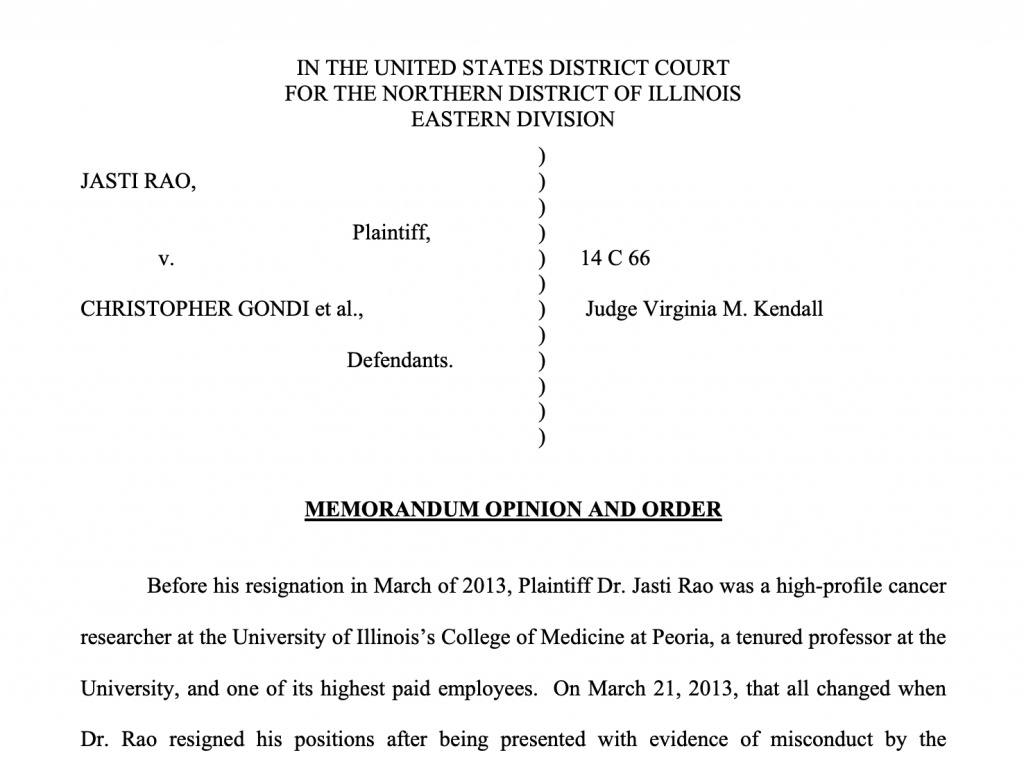A former researcher at Nemours Children’s Health in Wilmington, Del., admitted to falsifying and incorrectly reporting data in at least two published studies, both of which were supported by grants from the National Institutes of Health. The studies have been retracted.
The researcher, Valerie Sampson, reported herself to Nemours, which launched an inquiry into all of her publications, according to a hospital spokesperson. The institution’s findings are under review at the U.S. Office of Research Integrity.
Sampson left Nemours in January 2022 after 16 years with the hospital, according to her LinkedIn profile. She also held a position as an affiliated scientist at the University of Delaware, a role that ended in the same month, per the profile. Six months following her departure from Nemours, Sampson took a position as a scientist at WuXi Advanced Therapies in Philadelphia, a company specializing in cell and gene therapies, for a little over a year. She is currently unemployed, according to the profile.
Continue reading Cancer researcher admitted faking data







